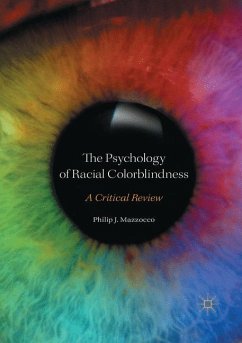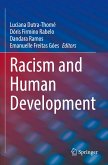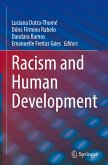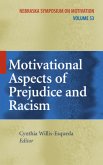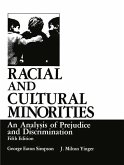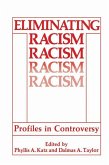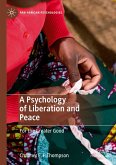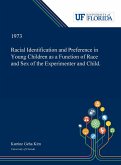This book summarizes and integrates the social scientific research on racial colorblindness, focusing primarily on work within the field of psychology. A new multi-variety colorblind framework is presented, which provides theoretical coherence to the present literature as well as a guide for future research. After considering the historical context in which colorblind ideologies have manifested and operated, research is presented that establishes how the colorblind mentality ignores important racial realities and tends to harm racial minorities across a wide variety of domains. Beneficial alternative ideologies are discussed, as are strategies that may be useful in challenging the colorblind ideology. This book will be of interest to both researchers and theorists who study racial ideology, as well as social justice advocates and practitioners who contend with racial colorblindness in real-world contexts.
Selected by Choice magazine as an Outstanding Academic Title for 2018
"Based on a review of how colorblindness has been conceptualized and measured in the psychological literature, Mazzocco presents a 'four-variety model' that integrates existing findings on the topic. ... Written in a clear and well-defined manner, the book is an essential resource for academic readers interested in racial colorblindness. Summing Up: Essential. Upper-division undergraduates and above; researchers and faculty." (I. I. Katzarska-Miller, Choice, Vol. 55 (6), February, 2018)
"The Psychology of Racial Colorblindness would be a welcome addition to the library of anyone who researches the topic of race, not just from the psychological perspective, but also from the point of view of other social sciences. The book could also easily serve as a textbook for graduate and advanced undergraduate courses in race or prejudice studies in psychology. Finally, the chapters delineating racial history andharms could usefully be shared with broad audiences." (C. Albert Bardi and Kasey Marshall, PsycCRITIQUES, Vol. 62 (46), November, 2017)
"Based on a review of how colorblindness has been conceptualized and measured in the psychological literature, Mazzocco presents a 'four-variety model' that integrates existing findings on the topic. ... Written in a clear and well-defined manner, the book is an essential resource for academic readers interested in racial colorblindness. Summing Up: Essential. Upper-division undergraduates and above; researchers and faculty." (I. I. Katzarska-Miller, Choice, Vol. 55 (6), February, 2018)
"The Psychology of Racial Colorblindness would be a welcome addition to the library of anyone who researches the topic of race, not just from the psychological perspective, but also from the point of view of other social sciences. The book could also easily serve as a textbook for graduate and advanced undergraduate courses in race or prejudice studies in psychology. Finally, the chapters delineating racial history andharms could usefully be shared with broad audiences." (C. Albert Bardi and Kasey Marshall, PsycCRITIQUES, Vol. 62 (46), November, 2017)

